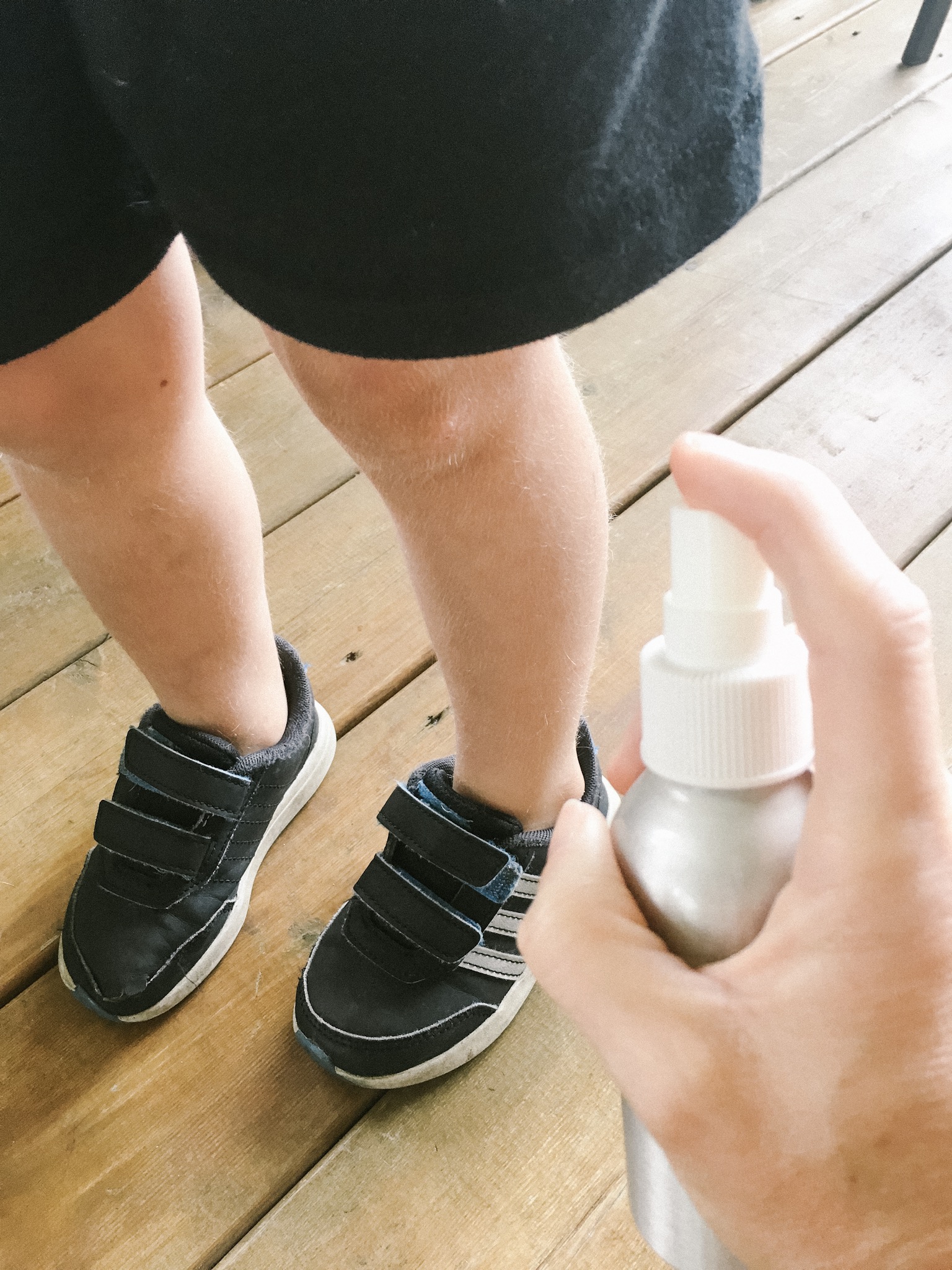Summertime is here and with all the fun, it also brings bugs. In our area of the country, mosquitoes are in full force.
As with everything I use on my body I tend to opt for a natural source as the first line of defense and bug spray is no different.
Many traditional bug sprays on the market are an aerosol spray of DEET, parabens, phthalates, fragrances, and other chemicals and ingredients – none of which sounds natural to me.
When choosing what protection you want to try, it is important to consider what area of the country you live in and what bug risk you have.
I often time will consult the Environmental Working Group (EWG) when making product purchases and recommendations. They are a non-profit, non-partisan organization dedicated to protecting human health and the environment with a mission to empower people to live healthier lives in a healthier environment.
Environmental Working Group’s Take On Bug Repellents
Recommended concentrations:
- DEET < 10-30% (10% can protect 1-2 hours and 20-30% provides all day protection)
- Picaridin <20% (5-10% provides protection for 5-12 hours and 20% concentration provides all day protection)
- IR3535 <20% (6-12 hours of protection)
- Oil of Lemon Eucalyptus <30-40% (6 hours of protection)
Concerns:
- DEET bug sprays have some reported cases of neurological symptoms
- Picaridin is newer and not extensively tested
- DEET and IR3535 are strong eye irritants
- DEET and IR3535 melts some plastic and damages some fabrics
- Oil of Lemon Eucalyptus can irritate lungs
EWG also recommends that you “avoid all aerosol repellents, all products that mix repellent and sunscreen, all products with more than 30 percent DEET, wristbands, repellent candles, bug zappers, yard insecticides and clip-on fans with repellent in them. These products are either ineffective or subject you to greater risk than lotion-based skin treatments.”
What Our Family Does
I opt for essential oils and do find they work for me and my family. It is to note that EWG reports botanical blends are not EPA registered except for Lemon Eucalyptus. Additionally, there is a risk of skin sensitivity and frequent application is necessary, which I will agree with. You do have to apply regularly, but I am okay with that in order to avoid exposure to other chemicals. It is also important to test a smaller area of skin to see if a sensitivity is present before applying liberally.
Essential oils with reported repellent benefits are (list may not be exclusive):
- Arborvitae Wood
- Basil
- Cedarwood
- Citronella
- Clove
- Geranium
- Lavender
- Lemon Eucalyptus
- Lemongrass
- Patchouli
- Peppermint
- Rosemary
- Sandalwood
- TerraShield (doTERRA repellent blend)
**EWG recommends that consumers who are in high-risk areas for bug-borne disease or who need long-lasting, effective bug protection avoid botanically based bug repellents.
***If you don’t have access to good quality essential oils, but would like to get some, you can do that here.
Check out the Environmental Working Group’s Guide to Best Bug Repellent for additional information.

